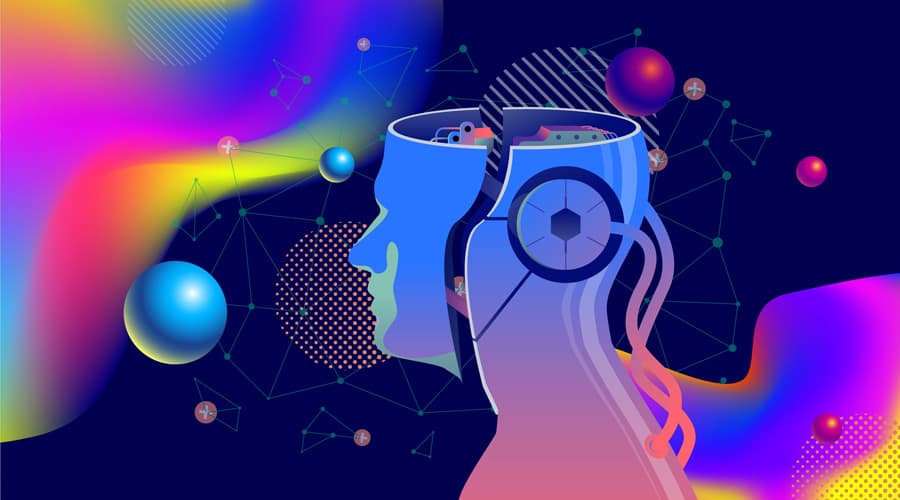
Artificial intelligence’s explosive growth promises to be beneficial in many fields, including higher education.
The future belongs to Artificial Intelligence (AI), as it is now evolving at a rapid pace. It’s explosive growth promises to be beneficial in many fields, including higher education. As new as AI as an evolving technology, universities and colleges already are finding several ways to use this technology to make student services more effective, and classrooms and back-office procedures more efficient.
Adopting artificial intelligence (AI) also offers major educational benefits, such as learning that is customized to each student’s needs, allowing them to adjust the speed and control iterations to enhance the subject’s expertise.
The AI platforms review the tasks of students for plagiarism and the lectures of faculty are transcribed live. Chatbots address financial assistance, registration, and campus life questions. Students are reminded of office hours, test logistics, and essay file formats by virtual teaching assistants. In order to locate and market potential students, colleges are also utilizing artificial intelligence, nudging those who take a break from education to re-enroll and recognizing those at risk of failing.
The administrative processes of educational institutions would benefit from the use of AI on the large quantities of data that they generate during their study and educational activities. This can be used to track progress towards their goals, whether, in research, education, or diversity enhancement, and can be created periodically to help manage more responsively.
Colleges and universities have woven the beginnings of their change by their own innovative discoveries. Technology, innovation, education, and society itself will be deeply reshaped by how they respond to this AI revolution.
Artificial Intelligence is used in many cases in the field of education:
• Artificial Intelligence makes it possible to concentrate on the student’s individual requirements.
• Without contact with an instructor, voice assistants such as Amazon Alexa and Google Home allow interaction with different learning materials. As a consequence, an education platform can be used everywhere and at any time.
• Companies are now creating AI services that improve the educational experience for the disabled. These developments will offer a better sense of autonomy for learners with disabilities.
• Students can research different education and training programs using Artificial Intelligence approaches.
However, the technology also pose some drawbacks:
• Although the tech industry may be flourishing, many school workers may soon be replaced by AI. AI has an answer for almost everything, from handling the administration to teaching. And AI may be the beginning of the end which leads to considerable education unemployment.
• Another concern about AI is privacy, which needs data (much of it confidential) to work effectively.
• When we become overly dependent on AI to handle the data, it can be very hard to restore the data in the event of a system failure.
• Software for artificial intelligence is particularly vulnerable to hacking. Since it contains a lot of details, cybercriminals are constantly developing ways to attack.
Thus, artificial intelligence in education has seen several positive improvements. From class activities to coursework lessons, AI makes it all smarter. And the benefits continue developing and growing as new AI technologies arise. But we need to bear in mind that with all the excitement and hype, these AI tools are just computer systems. They could go erroneous. Industries and institutions form their beliefs, and their data is not impartial but is characterized by historical trends. People need to be vigilant and careful about what they do with artificial intelligence.
Share This Article
Do the sharing thingy
Source: https://www.analyticsinsight.net/artificial-intelligence-ai-adoption-in-educational-institutions/